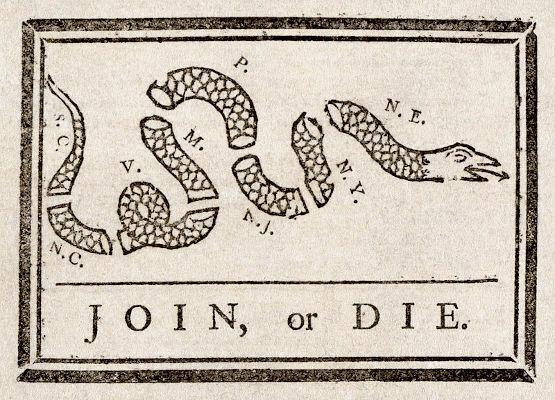Times before the political tensions that culminated in a civil war, the United States lived through a moment of important definitions. Among them, the political position of the US government in relation to other nations of the world is highlighted. It was when, in 1823, President James Monroe gave an official address to the US Senate that he stayed known as the definer of US actions towards Latin American countries and former metropolises colonial.
The so-called Monroe Doctrine, in its formal aspect, intended to post the US position as continental leadership capable of guaranteeing the sovereignty of Latin American nations against the powers European countries. Among other principles, this doctrine held that no American nation could be recolonized. Furthermore, it ruled the economic autonomy of these same nations, pointing out that Europe could not interfere in the business established by the nations of America.
However, this principle of continental political autonomy and sovereignty ran counter to the need some leaders saw in expanding the US economic spheres of influence. In this way, the leadership posture ended up being reinterpreted as a means by which States The United States could support Latin American nations with a clear interest in fixing their interests economical.
One of the first episodes that indicated this political practice occurred when the US declared war on Spain claiming to be against the colonization of Cuba and Puerto Rico. In February 1898, an American vessel exploded in the port of Havana, Cuba's capital. The US press soon mobilized around a campaign that blamed the fact on Spanish authorities. Using such suspicions, the US sent military troops to a war that broke out between 1899 and 1901.
In addition to guaranteeing Cuba's independence, the US victory over the Spanish also yielded conquest over the Philippines, the island of Guam, and the Puerto Rico region. The newly independent Cuban nation has yet to accept the incision of an article in its constitution known as the Platt Amendment. In it, the US would have the right to preserve a military base in the Guantánamo region and the right to intervene in Cuban political affairs.
Throughout the 20th century, the incoherent principle of autonomy of the Monroe Doctrine had been tarnished with yet another imperious US action. In 1903, the US militarily helped Panama gain its independence from Colombia. In return, they bargained for the right to build a canal that would link the Atlantic and Pacific oceans. The channel, which would pay large sums for its economic and geographic importance, was for decades being exclusively administered by the USA.
In this way, James Monroe's speech (where he advocated “America for Americans”) seemed to reaffirm a perspective that looked positively at US action. Throughout the 20th century, interventionism gained new interpretations such as the Roosevelt Corollary or the principle of preventive war, defended by George W. Bush.
By Rainer Sousa
Graduated in History
Source: Brazil School - https://brasilescola.uol.com.br/historia-da-america/doutrinamonroe.htm

